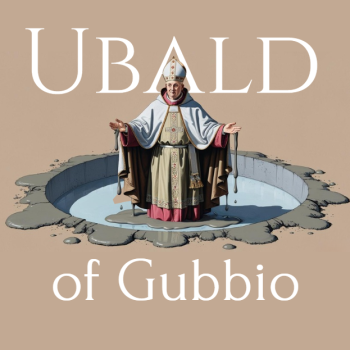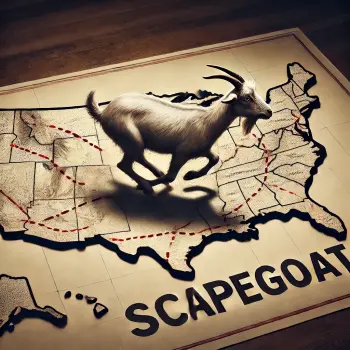All of these Maimonides encompasses in the biblical law, "You say love your neighbor as yourself."
Kindness vs. Charity
To sharpen the focus on kindness, it is instructive to compare it with other important values. One of the great masters of the ages, Rabbi Judah Loew, known as the Maharal of Prague, contrasts acts of personal kindness, chesed, with acts of charity, tzedakah.
The Talmud records the basic differences:
The Rabbis taught: In three ways is kindness greater charity. Charity is done with money; kindness can be either with one's person or one's money. Charity is for the poor; kindness can be done for either the poor or the rich. Charity is for the living; kindness can be done for the living or the dead (Sukkah 49b).
Maharal expands upon the difference: Charity is sparked by the demands of compassion. One cannot bear to see a person in pain or starving, so his sense of sympathy compels him to help that person. If there were no pitiful situation, would be no compassion necessary and no charity given.
But kindness requires a broader, more sensitive heart that entails developing a chesed persona, integrating it into one's personality. In such an event, chesed will not be a value forthcoming only in response to sadness, but an ever-present quality, which will anticipate needs, construct wholesome situations, and initiate acts of benevolence for needs undetected by others.
Thus, charity is generally judged by the recipient; the magnitude of the pain suffered will determine the degree of assistance to relieve that pain. Kindness, on the other hand, is to be judged by the giver; the kind of caring that person is capable of will determine the nature and degree of the remedy.
The Maharal takes this distinction further: The only way that a person can be said to reach the exalted spiritual heights of imitating God is by doing an act of chesed voluntarily and naturally as it flows from his or her innards.
On the other hand, observing a specific commandment only because God mandated it, laudatory and essential as that is, is not considered "walking in the ways of God," because it is actually responding to an external voice -- even though it is God's -- rather than an internal one. Thus, also, one who acts out of a sense of pity is performing a wonderful mitzvah, but that, too, is not considered "walking in the ways of God," because it is reacting to an external need rather than acting upon a truly visceral, internalized impetus.
Maharal makes a still more penetrating insight. Only kindness, chesed, as opposed to charity or Torah study or keeping the commandments, is unique to the character of the human being. And it is uniquely chesed, which relates to the chesed attribute of God himself, unlike lawfulness, for example, which does not reflect the character of God that is to be imitated by man.
This is the sense of one the Talmud's most astonishing statements:
Rav Huna said: "One who busies himself with Torah exclusively is equivalent to one who has no God" (Avodah Zarah 17b).
Maharal explains that this refers to Torah as an exercise in reason only, not a commitment to mitzvot. Therefore, when such a person is not studying Torah, he has no spirituality -- and so he is equated with one who has no God.
But one who practices chesed is not like that because kindness is to be practiced every hour of every day, even without the needy demanding it, and it is directed to everybody in the world.
It is an unlimited obligation, perpetual and pervasive and, because there can never be a respite from this mitzvah; one who does chesed "exclusively" can never be equated with one who has no God.
This article was first published at aish.com and is reprinted with permission.
Rabbi Maurice Lamm is the author of The Jewish Way of Death and Mourning, The Jewish Way in Love and Marriage,Becoming A Jew, and many other books. A professor at Yeshiva University's Rabbinical Seminary, he lectures nationally to Jewish and Christian audiences.




